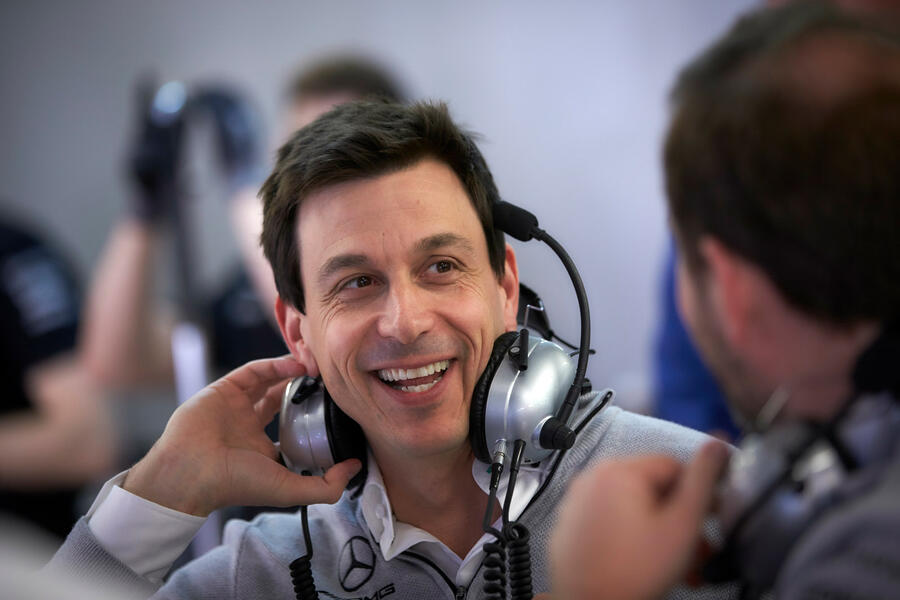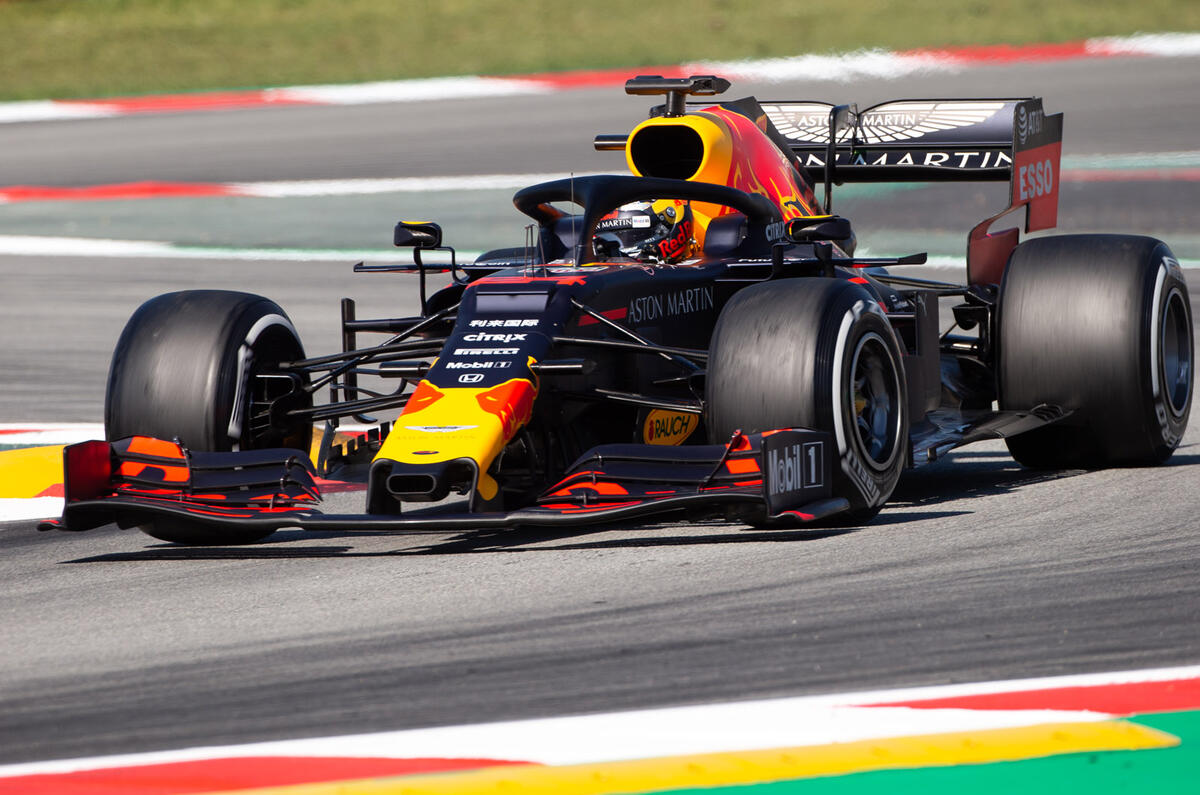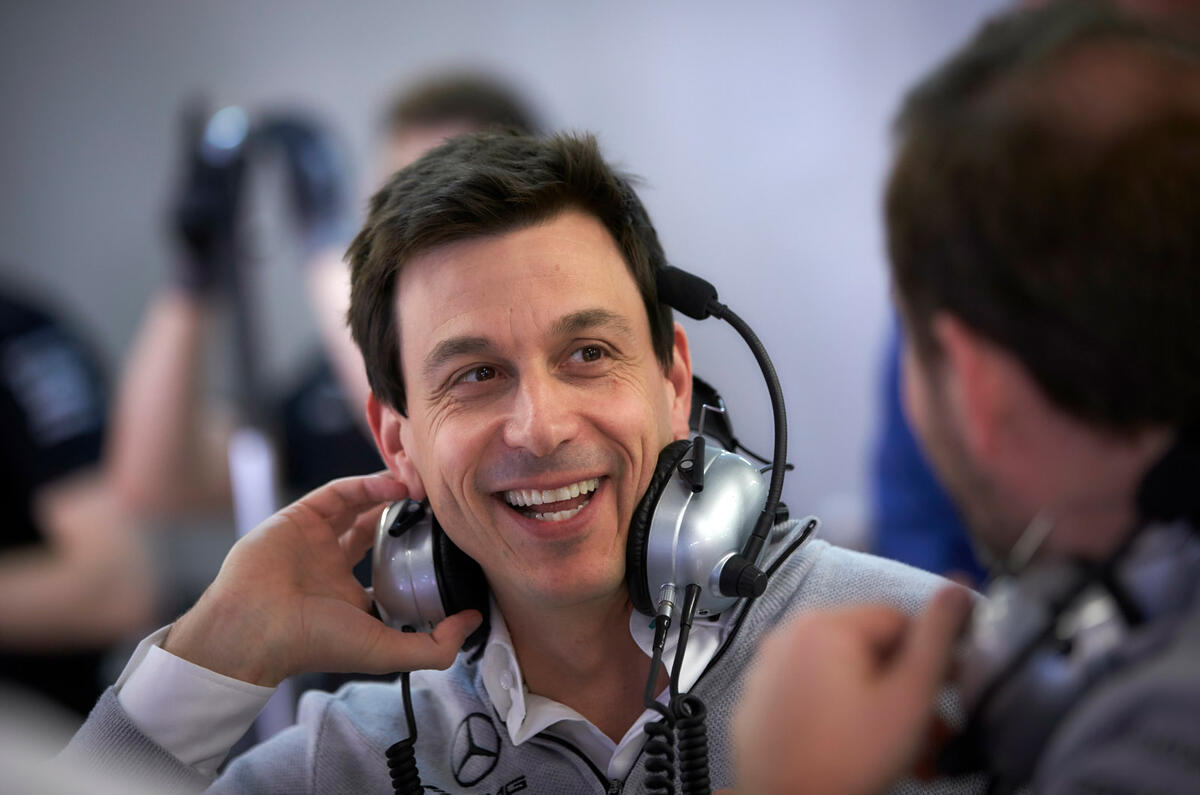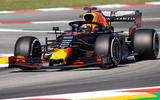Aston Martin will enter Formula 1 in 2021, but why? On the face of it, the plan to invest in what’s by far the most expensive form of motorsport is hard to square with the gathering flow of dreadful financial news that has gushed from the company in the past year.
Dropping car sales, falling revenues, a plummeting share price after what now seems an ill-conceived public flotation and now the coronavirus crisis have pushed Aston Martin close to the brink – only for Canadian billionaire Lawrence Stroll to pull it back from the edge.
Stroll is clearly a believer in F1, having financed his racing driver son Lance into Williams before switching allegiance to Force India and then reviving the team as Racing Point after a mid-season meltdown. It’s this Silverstone-based squad that will be transformed into the full-blown factory Aston Martin team next year.
At his maiden appearance as Aston Martin’s executive chairman in March, Stroll called F1 the “foundation of the strategy” designed to turn around what can only be described as a failing car maker. A city analyst has called the firm a “high-risk, high-return” investment – which is a pretty good description of the shark-infested waters of F1, too.
Timing could be everything
However, it’s those F1 returns that Stroll has faith in, and there’s a case to be made that his timing for an entry couldn’t be better. Decades of unfettered investment from the biggest teams have resulted in a two-tier F1 of ‘haves’ and those who ‘have much less’, but finally a slow awakening has roused the majority to understand that only fundamental change will create a more sustainable, balanced and competitive sport. Financial regulation is never popular but, more than a decade after ex-FIA president Max Mosley mooted the idea, a budget cap will be introduced next year.
And now the current crisis has shaken F1 into further action, triggering calls for this cap to be lowered from the agreed $175 million (£142m) annually (excluding driver salaries) to perhaps $100m (£80m). Both figures remain eye-watering in real-world terms and keep F1 levitated in rarefied air above all other motorsport – but within the bubble, it would be a significant leveller.
Stroll has also bought into the right team. In its previous guises of Jordan and Force India, Racing Point consistently punched above its weight, and it remains surely the most efficiently run team on the grid. If F1 succeeds in its aim to become more equitable for all of its competitors, Aston Martin’s entry might just start to make financial sense.
Wolff at the door?











Join the debate
Add your comment
It's all about the money...
Oh of course
Perhaps Aston can make themselves better known and to be taken seriously as an automotive engineering company might be another reason for investing. The McClaren factor?. Race on sunday sell on monday? It seems to have worked to a certain extent with Mercedes image, but it may take a decade of some successes for it to filter through to the general public.
Why Aston Martin is strolling into F1?
because the owner has nothing else to spend serious cash on, same as the billionaire owners of man city and psg football clubs, there are only so many things that you can buy or own before needing to 'just blow' some of the billions on whimsical pursuits/life long ambitions, if it goes wrong you sell it..for a pound if need be.